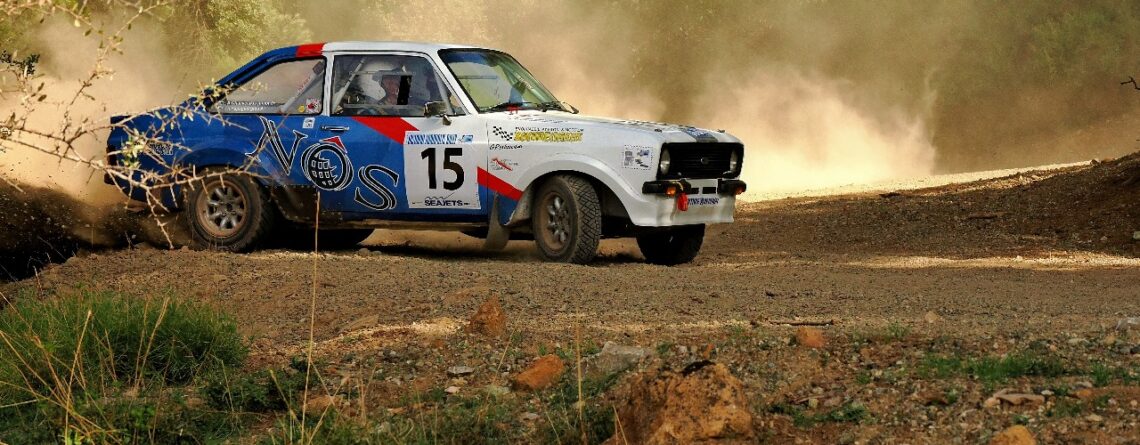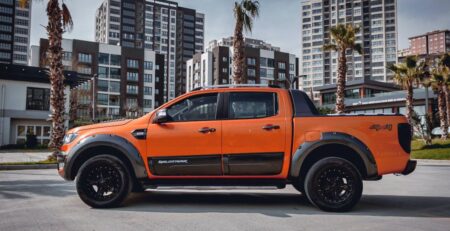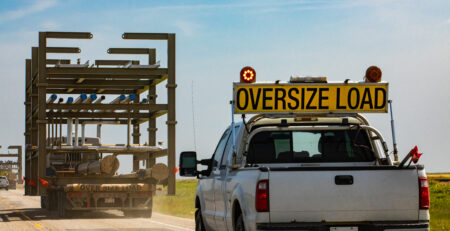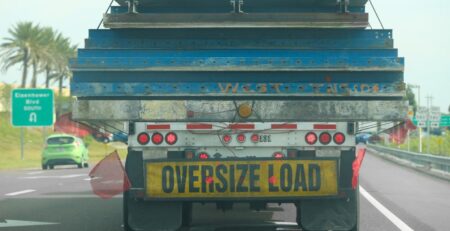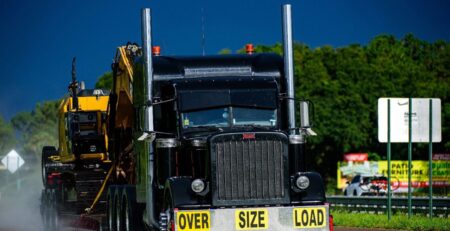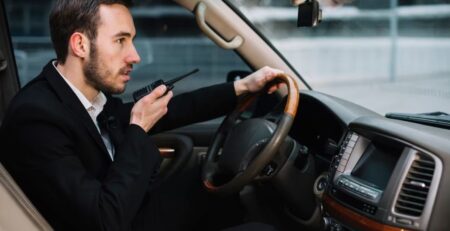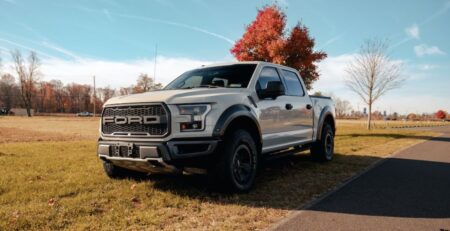Heavy haul transportation safety is paramount in the heavy-load transportation industry. Most of the activity depends upon the pilot car or escort vehicle operators.
Pilot car operators need proper training and knowledge of the regulations stipulated by the states. They must also be aware of the necessary preparations and have certificates whenever they leave for transportation.
Here we discuss Virginia pilot car certification and training programs for those who want sincere and trusted training.
About Virginia Pilot Car
Evergreen Safety Council promotes workplace and roadway safety as a nonprofit member of AASC. Evergreen Safety Council is a US nonprofit that pioneers safety programs for roads and workplaces.
They offer both in-person and online programs that provide individuals with the necessary skills to operate more safely and efficiently in their workplace or on the road.
Program Classes
Virginia Pilot Car’s state-of-the-art safety programs offer training courses for professionals, including pilot car operators, wind industry transport teams, flaggers, traffic control supervisors, forklift operators, and defensive drivers.
Headquartered in Washington State, these programs are available nationwide. Several programs have been nationally recognized and utilized across the United States and Canada.
Their course includes 8-hour instructor-led online classes and then a certification exam. They provide an escort car operator certificate that is valid for 3 years.
Courses
The State of Virginia requires pilot car certification. Most states have an agreement that allows training and certificates in one state to operate in multiple states.
Virginia accepts the Washington State certificate. It is only possible when states allow reciprocity. They have a written agreement to accept each other’s certificates, called reciprocity.
States also accept other state’s certificates via a rule change. This can be a change in administration that tells the industry which certificate is in demand or accepted.
Pilot car certification offers in-person or online blended courses. That includes;
- Pilot Car
- WITPAC
- Flagger
- Traffic Control Supervisor
- EverSafe Driving Program
- Forklift
- Safety Training
Requirements for the Courses
In the US, fourteen states require certifications, and most of these accept Washington’s certificate. There are certain requirements to get admission in the courses;
18+ with a driver’s license must complete an 8-hour certification course.
Our 8-hour course covers state and federal industry standards and best practices, available both in-person and online.
What does Virginia Pilot Car Certification Offer?
Virginia Pilot Car Certification and Training offer comprehensive courses to give prospective pilot car drivers the abilities and know-how required to succeed in their line of work. These classes address many different subjects, such as:
Regulatory Compliance
Comprehending and abide by Virginia state laws regarding the transportation of oversized loads is essential. The courses cover in-depth legal topics to ensure drivers meet all standards.
Route Planning
Efficient and safe transportation of large loads requires careful infrastructure evaluation by trained pilot car drivers to determine the optimal route.
Communication
Coordination with the oversized load driver and other convoy members requires effective communication. The training covers radio communication and signaling protocols to guarantee efficient operations.
Procedures for Safety
When transporting large loads, it is crucial to prioritize safety. Courses cover safety procedures, including recognizing and reducing risks on the road.
Emergency Response
Pilot car drivers need to be prepared to handle emergencies such as accidents or breakdowns swiftly and responsibly, and this is covered in their training.
Training Specifications and Additional Certificates
According to the Department of Transportation, additional beneficial qualifications for pilots and escort vehicle operators are as follows:
Transportation Worker Identification
A TWIC card requirement exists for entering a marine port’s restricted area. Anyone without a TWIC card must always be accompanied by someone who has one. Those working near ports also must possess TWIC cards.
First Aid
It is crucial that individuals of all ages, regardless of profession, receive CPR and first aid training, especially those who work in remote locations like truck drivers and pilot car operators.
Pilot cars should also be equipped with CPR supplies, including barrier devices and rescue masks.
Defensive Driving
The majority of large insurance providers provide drivers who complete a 6- to 8-hour, live, in-person course a discount.
Furthermore, P/EVOs in certain states must currently hold a defensive driving certificate to operate. Even if it’s not mandated by law, learning safe driving techniques and obtaining a reduced insurance rate is still a wise financial and time investment.
Flagger Certification
Flagger certification and training can benefit all pilot car operators, even if certain jurisdictions will also need P/EVOs to be trained flaggers in case they need to guide traffic.
Benefits of Virginia Training and Certification
The comprehensive curriculum offered by the Virginia Pilot Car Certification and Training program covers every facet of pilot car driving in detail. Graduates enter the workforce with all the knowledge, abilities, and self-assurance needed to thrive.
Professional professors provide expert training to their pupils, imparting real-world knowledge and practical insights. Flexible learning options are available in person and online.
Upon course completion, graduates possess the knowledge and credentials necessary to pursue fulfilling jobs in the trucking sector. Pilot car drivers gain a comprehensive understanding of safety measures and regulatory requirements.
FAQs
What are the physical demands and requirements of a flagger?
Tasks include receiving and communicating instructions, moving quickly, controlling signaling devices, applying safe traffic practices, identifying hazards, standing on uneven surfaces, maneuvering uneven terrain, stooping/kneeling/crouching, grasping/pushing/pulling, hearing/seeing warnings, lifting/moving up to 40lbs and following verbal/written instructions appropriately.
Is it necessary to have a photo on my card?
The cards referred to require a government-issued photo ID, such as a driver’s license or any other certification card that is valid for a certain period.
How to maintain pilot car certification in Virginia?
Pilot car drivers in Virginia are required to follow state laws and stay up-to-date with any changes in regulations to maintain their certification, which they must renew regularly.
can the card be used when one is in other states?
You can use Flagger cards from Washington and Idaho for Department of Transportation projects in Idaho, Oregon, Montana, and Washington State.
Conclusion
States have agreements regarding acceptance of the certificates but certain nuances need to be taken care of.
As areas differ and routes also, training must include general training for specified or common routes to improve the operator’s validation.
Virginia pilot car certification and training benefit those who want to work in the state of Virginia or surrounding states. We have discussed it with the benefits and tried to deliver the complete information that anyone needs.
